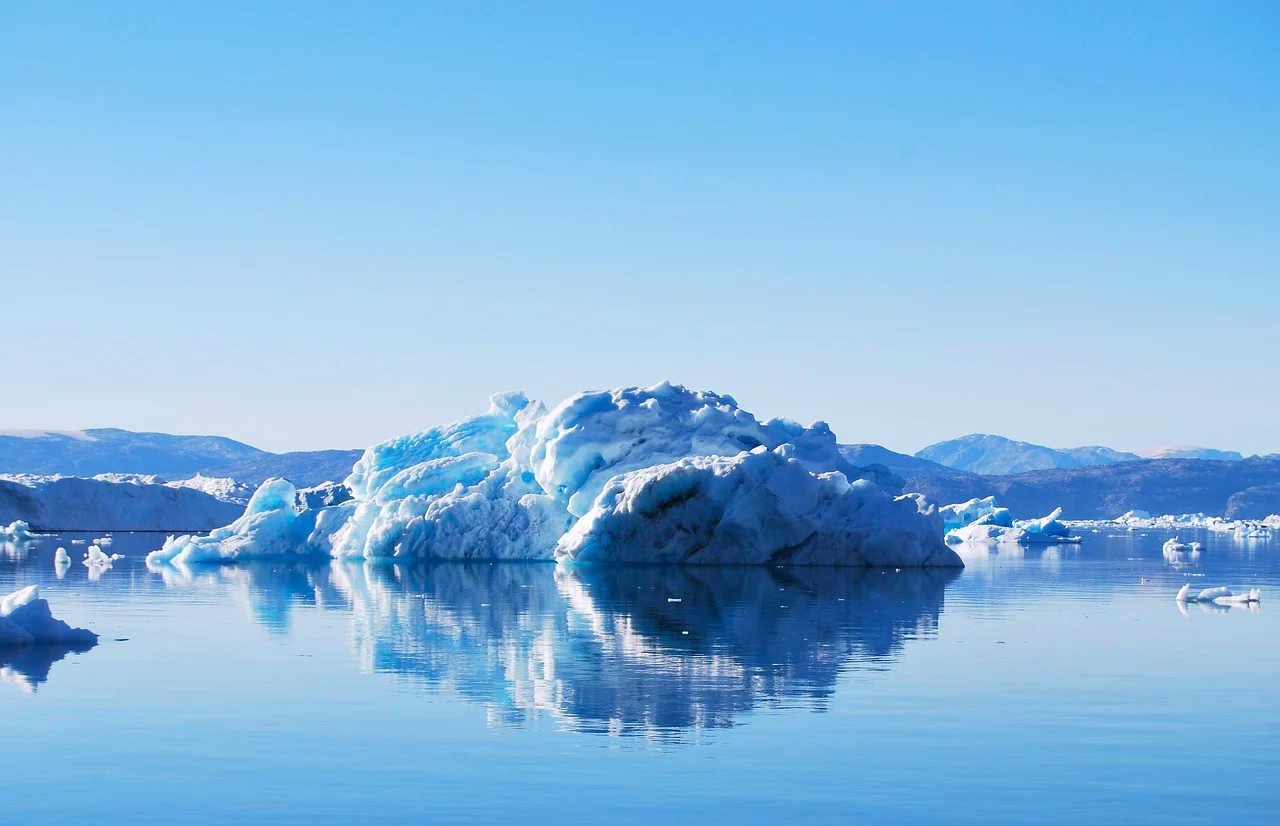The study, published today (February 14), Nature CommunicationThis research, by an international team of scientists, shows that irreversible loss of the West Antarctic and Greenland ice sheets and the corresponding rapid rise in sea level may be inevitable if global temperature changes are not implemented. stabilized below 1.8°C relative to pre-industrial level.
Populations in coastal areas around the world are already preparing for rising sea levels. However, planning countermeasures to prevent flooding and other damage has been extremely difficult because 6. evaluation The Intergovernmental Panel on Climate Change (IPCC) disagrees on how quickly large ice sheets will respond to global warming.
Melting ice sheets are potentially the biggest driver of sea level change and are historically the most difficult to predict, as the physics that govern their behavior is notoriously complex. “Furthermore, computer models simulating the dynamics of the Greenland and Antarctic ice sheets often do not take into account the fact that the melting of the ice sheet will affect processes in the ocean, which in turn may affect the ice sheet. IBS Center for Climate Physics and Pusan National University, Busan, South Korea says Joon Young Park, a graduate student and first author of the study.
Using a new computer model that captures the relationship between ice sheets, icebergs, ocean and atmosphere for the first time, a team of climate researchers has found that the ice sheet/sea level effect can only be avoided if the world reaches net zero. carbon emissions by 2060.
“If we don’t meet this emissions target, we predict that the ice sheets will break up and melt more quickly. If we do nothing, the receding ice sheet will continue to raise sea levels by at least 100 cm over the next 130 years. This is in addition to other contributions, such as thermal expansion of ocean water. It will happen,” says Professor Axel Timmermann, co-author of the study and director of the IBS Center for Climate Physics.
Ice sheets respond to atmospheric and ocean warming in a delayed and often unpredictable manner. Scientists have previously highlighted the importance of subsurface ocean melting as a key process that could trigger devastating effects on Antarctica’s main sea ice sheets. “However, according to our supercomputer simulations, the effectiveness of these processes may have been overestimated in recent research,” says Professor Jun Yi Lee, from the IBS Center for Climate Physics and Busan National University and co-author of the study. “We see that changes in sea ice and atmospheric circulation around Antarctica also play a critical role in controlling the melting of the ice sheet, which affects global sea level projections,” he adds.
The study highlights the need to develop more complex models of the Earth system that capture the various components of climate and their interaction. Additionally, new observing programs are needed to constrain the representation of physical processes in Earth system models, particularly from highly active regions such as the Pine Island Glacier in Antarctica.
Source: Port Altele
